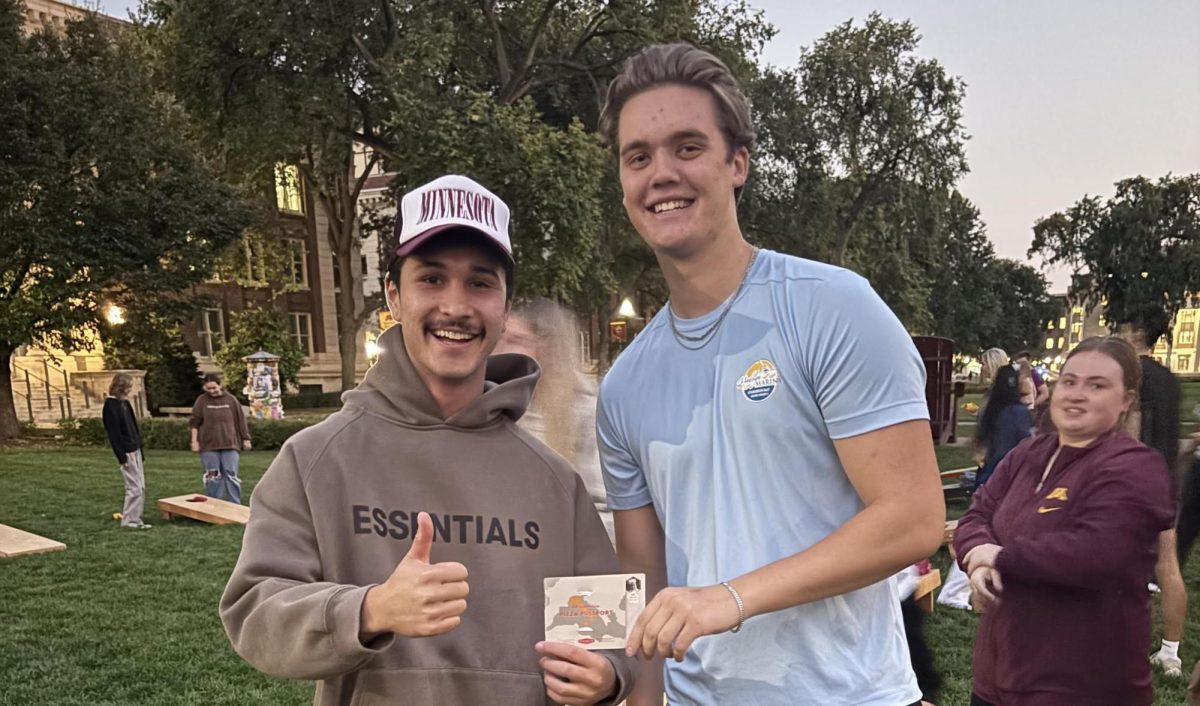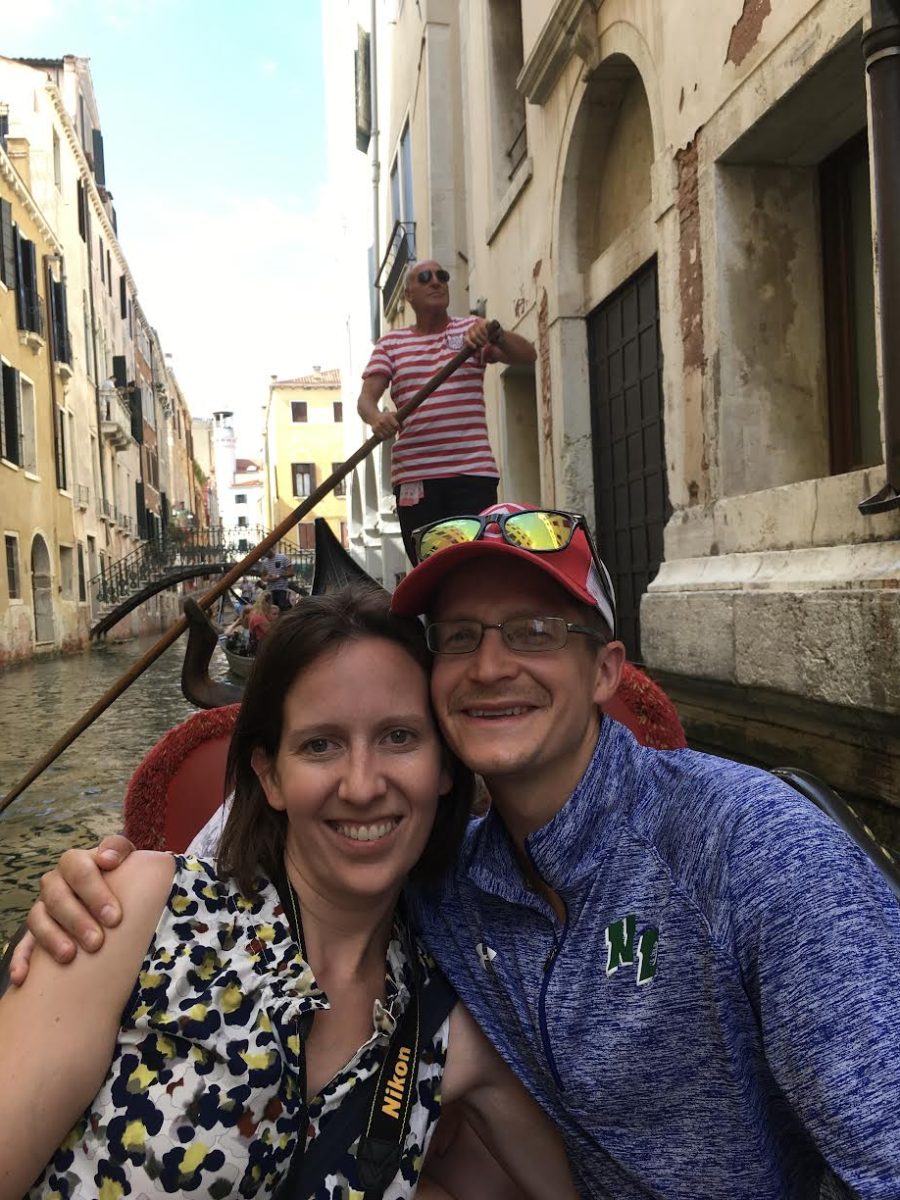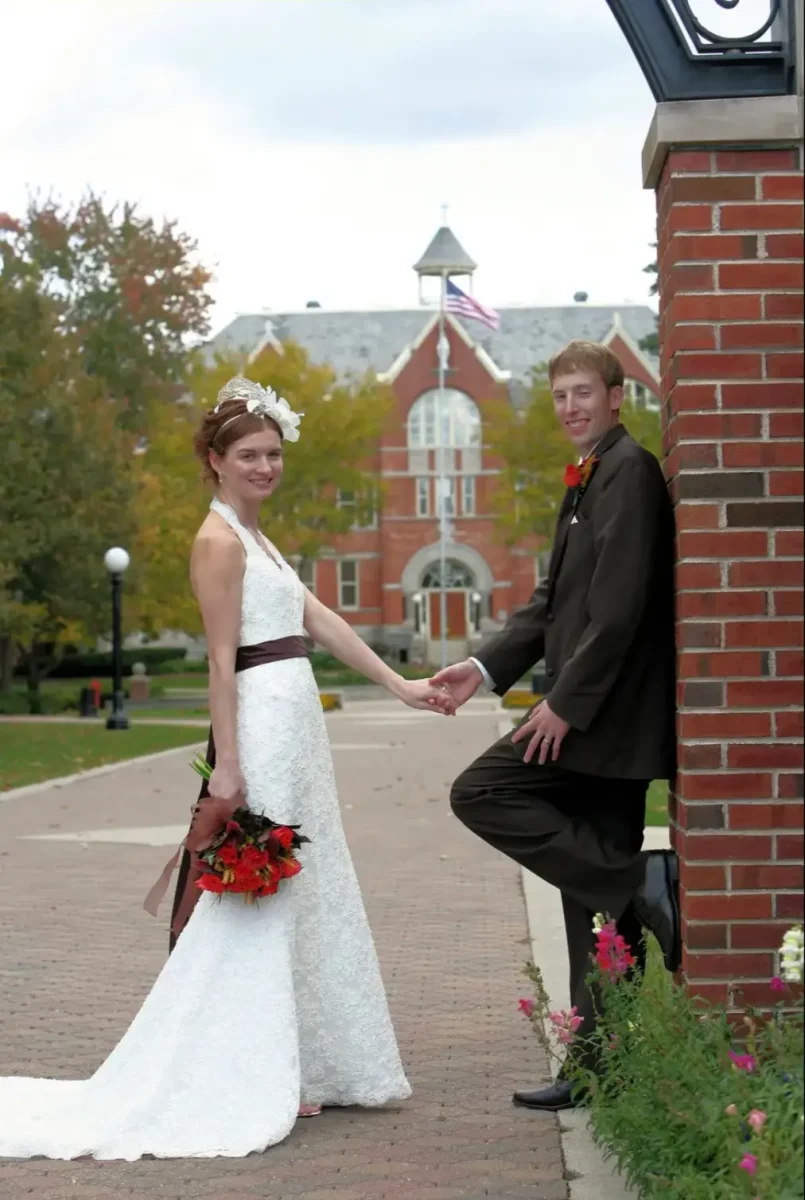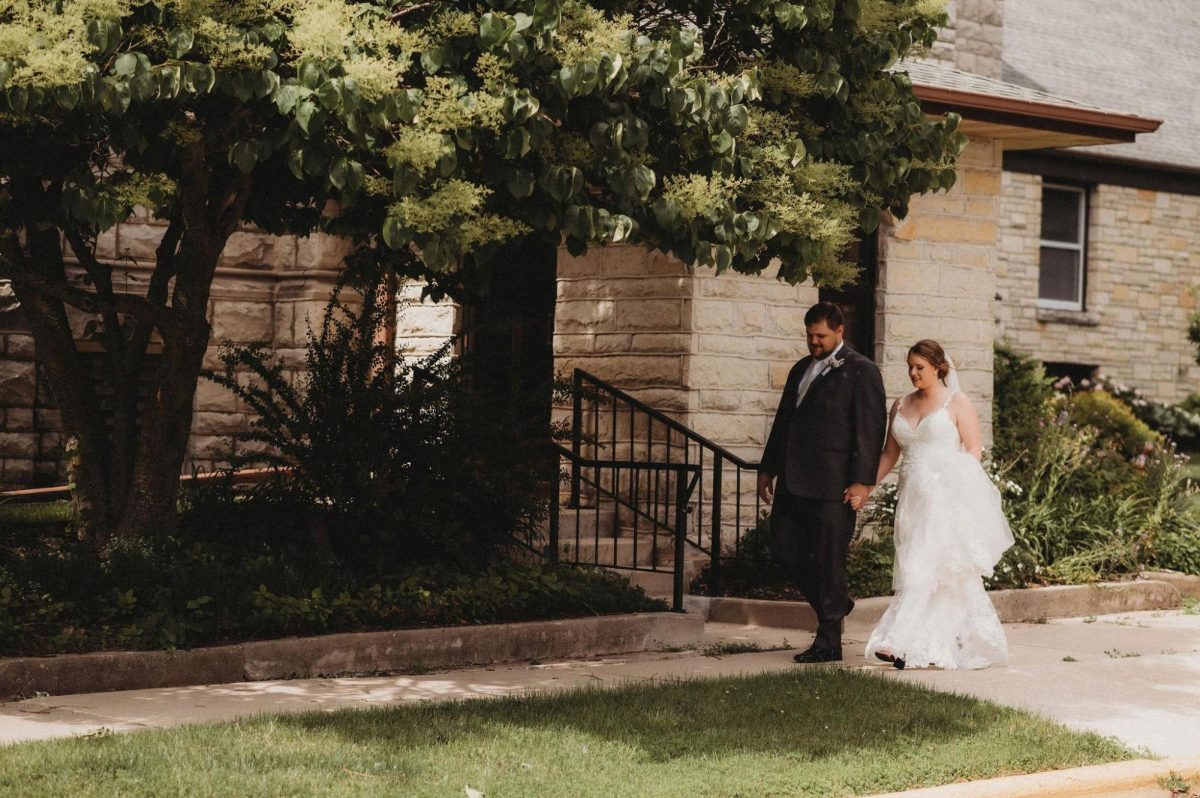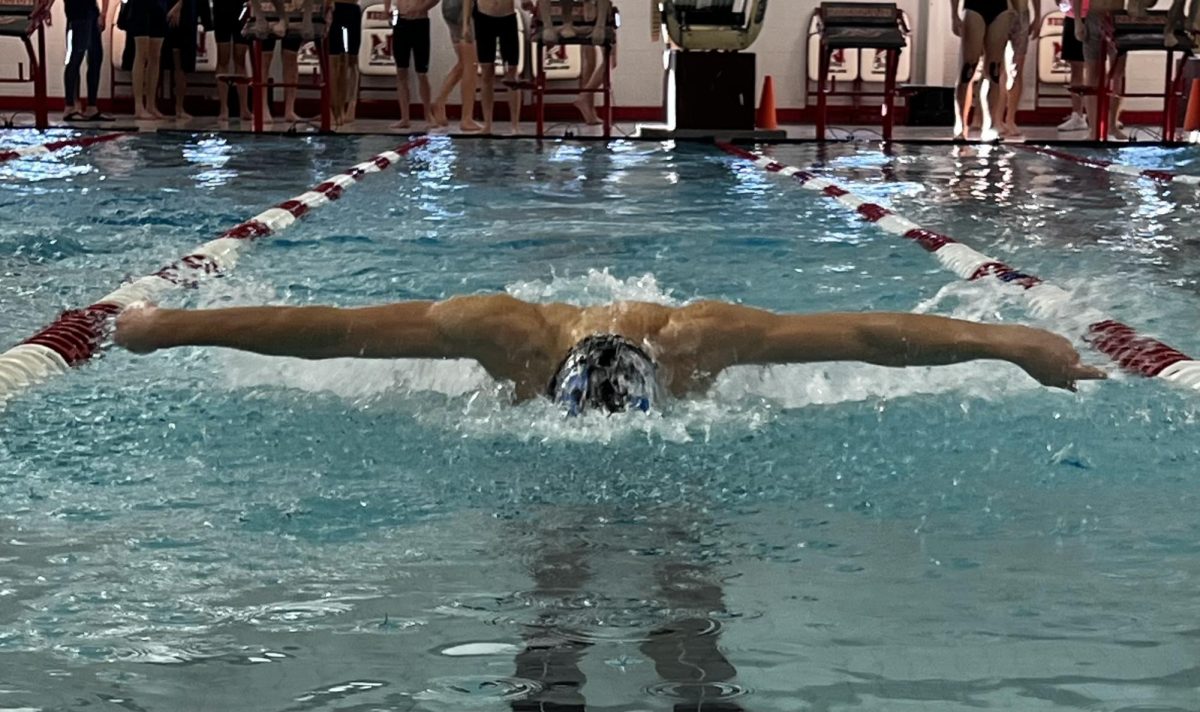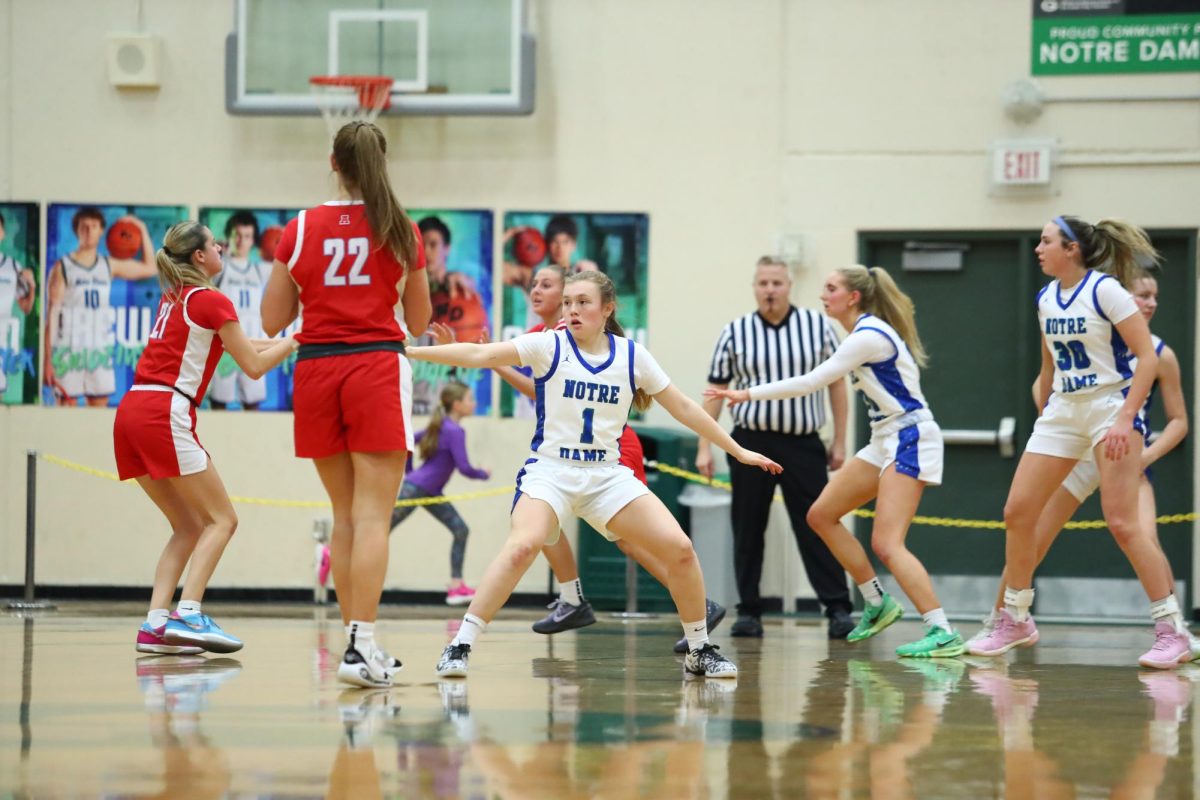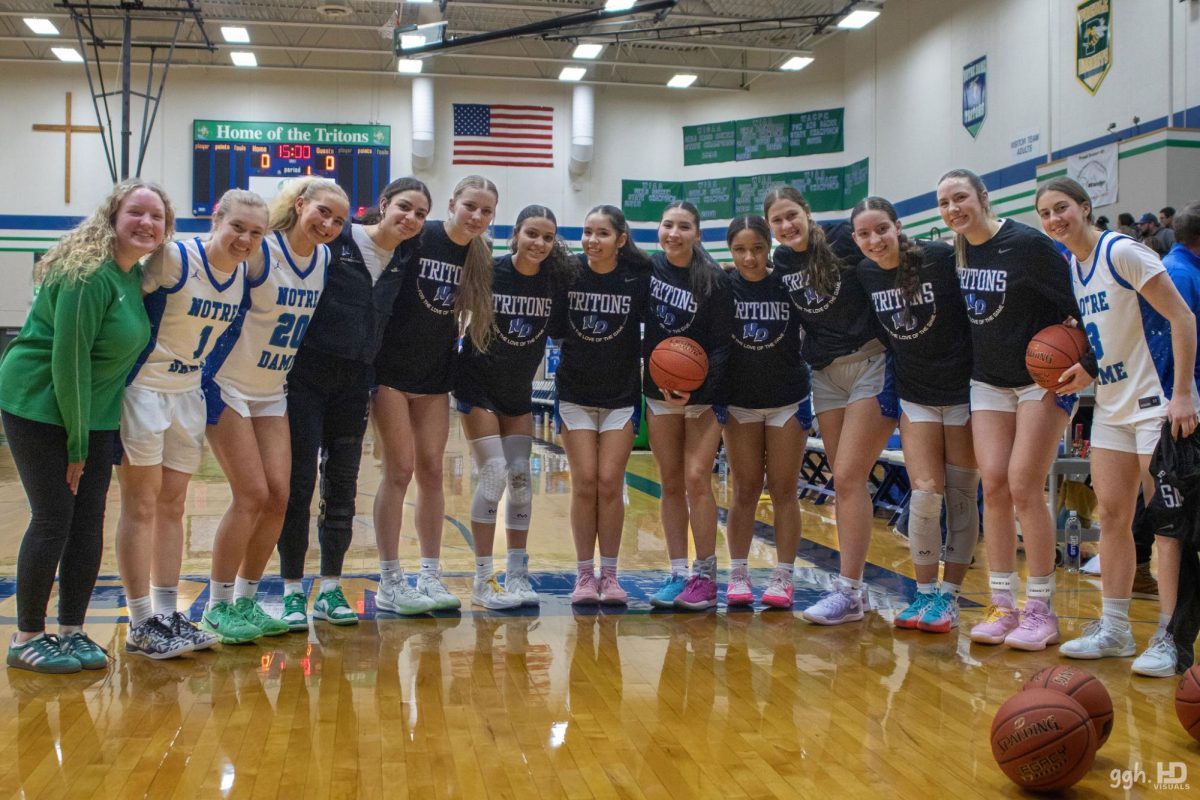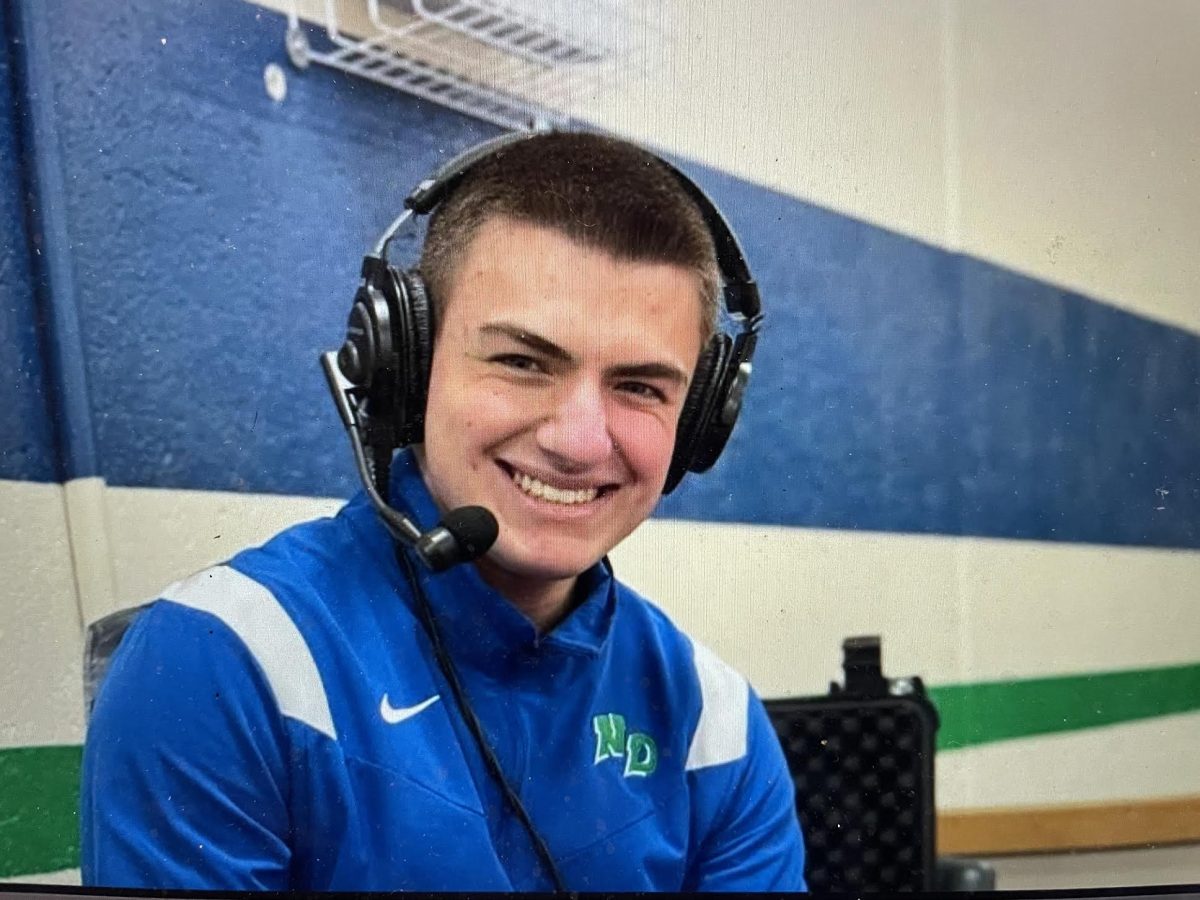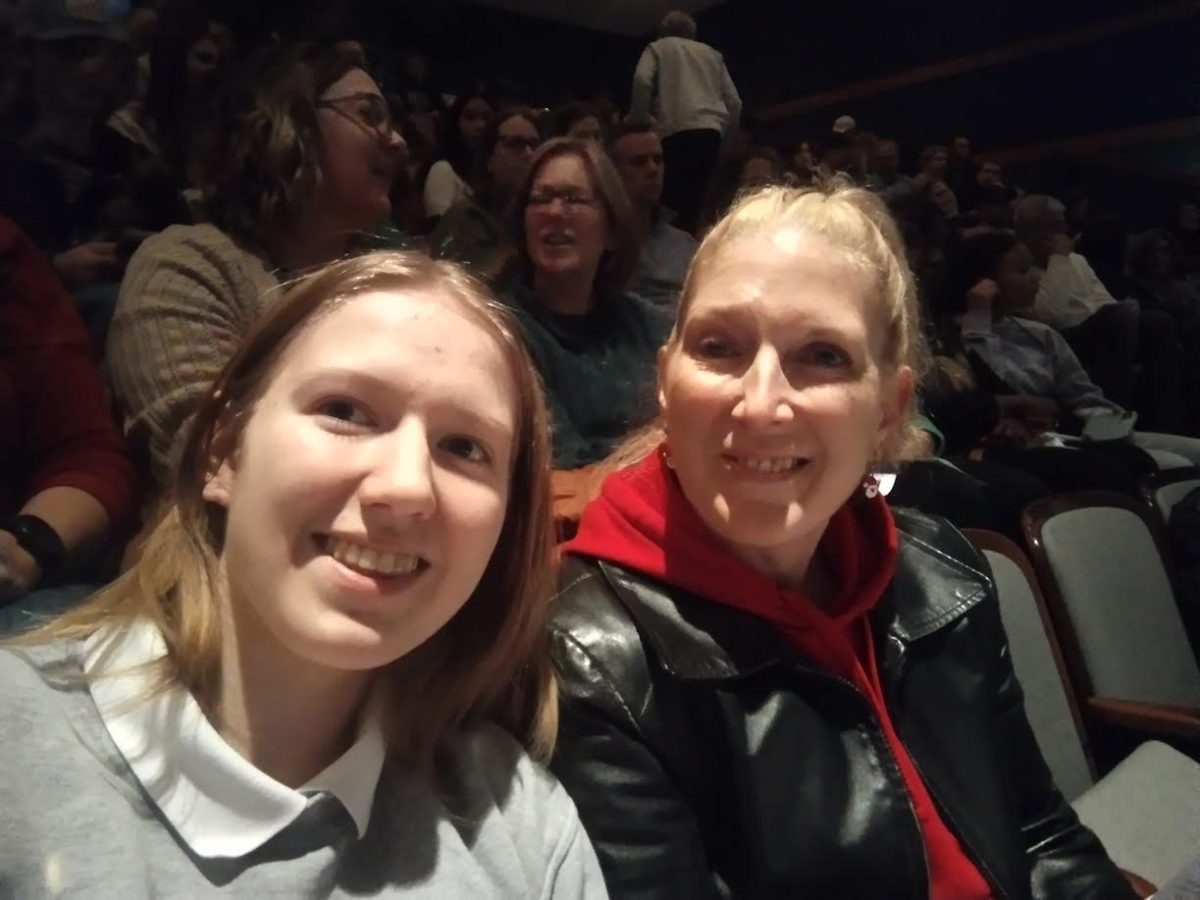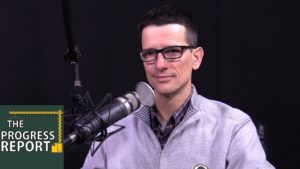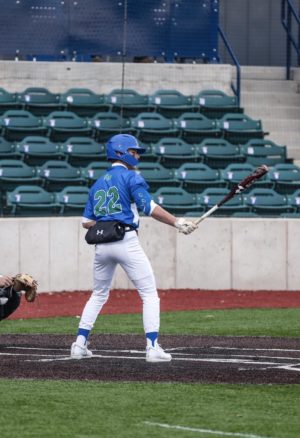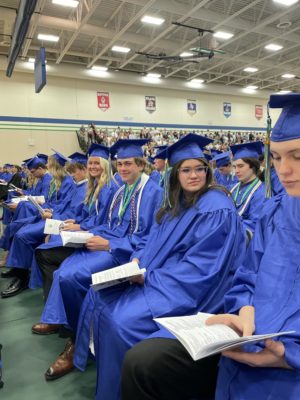Wall Street Journal Reporter Talks About His Career, Stresses Getting Involved
September 7, 2015
Ben Kesling, a Midwest reporter for the Wall Street Journal, spoke to the NDA Journalism I class last week. Clare Ravizza interviewed Mr. Kesling after the talk and wrote this story.
Ben Kesling’s journey to becoming a Wall Street Journal reporter was a long and winding one. From Harvard to Northwestern, Kentucky to Iraq, London to Ferguson, Kesling’s seen it all (and written about it too.)
Kesling got his first taste of journalism in high school. “I wrote one story for the school paper,” recalls the Kentucky native, who, in his senior year of high school, interned at the local paper, the Lexington Herald-Leader, as a photographer.
He remembers interning in the morning at the paper and then hustling back to school in time for his AP classes. Balancing schoolwork and an internship was tough, but “that was the deal: you couldn’t be late for your afternoon classes.” However, he remembers staying out one day on a shoot and arriving late to school. The next day, Kesling was rewarded with his picture on the front page of the paper.
After his internship ended, Kesling continued to work as a freelance photographer for the Herald-Leader. He then attended Wabash College, a small men’s school in Indiana. He began as a political science major, then switched many times, until he finally graduated with a degree in religion.
Kesling continued to pursue his degree in theology by attending Harvard Divinity School, where he met his spouse, Mara Brecht.
Then a tragedy occurred that radically changed the course of Kesling’s life: September 11, 2001.
“At the time, I supported the war. I figured if I supported it, I should get involved, so I decided to join the Marines,” recalls Kesling. After graduating from Harvard, he enlisted and trained with a Marine Corps unit in North Carolina before being deployed to Iraq for seven months. After Iraq, he served in Afghanistan for another seven months, then lived in Abu Dhabi for a year and a half.
After nearly six years abroad, Kesling was promoted to captain. His time as a leader in the Marines taught him that leadership is “a matter of empathy, being able to understand where people come from, and being genuinely interested in others.” Kesling reiterated, “A good leader genuinely cares about people.”
Upon their return to the U.S., Brecht and Kesling lived on both East and West Coasts before moving to the Midwest after Brecht received a job offer from St. Norbert College.
It was at this time that Kesling decided he wanted to pursue a career in journalism. He studied at Northwestern University in the journalism program, a second stint as a graduate student. During the end of his fourth quarter at Northwestern, he was offered an internship at Dow Jones Newswires, a news organization that serves mainly financial industry specialists, and is run by the company that also runs the Wall Street Journal.
After he graduated from Northwestern, Kesling was offered a job at Newswire/Wall Street Journal. Currently, Kesling writes a few financial articles for Newswire here and there, but does about 90% of his work for the Wall Street Journal. His focus is mainly on U.S. news and veterans affairs.
Kesling has covered many stories nationwide. His experiences have varied from learning how to parachute to being the Wall Street Journal’s lead reporter in Ferguson, primarily during the time of the protests earlier this year.
“[Kesling] has had a lot of great experiences in his lifetime, and he’s using his knowledge and talents to spread information throughout the country, which I think is really admirable,” said freshman Elizabeth Bolin.
Although Kesling found his calling later in life, he still has advice for those already interested in a career in journalism.
“You need to be able to do all kinds of things,” says Kesling. “But you need to be really good at one thing.” Kesling goes on to explain that he can cover news that branches from general to financial or business, but he specializes in religion or veterans affairs. Kesling recommends having “a wide scope” and being able to cover various issues.
“Editing and revisions are an absolute necessity,” adds Kesling, and not just in journalism. In the 21st century, technological skills such as being able to edit and revise videos are valuable in any profession.
Most importantly, Kesling recommends getting involved. “I wish I would have gotten started sooner,” he says, “but some things you have to learn as you go.”



